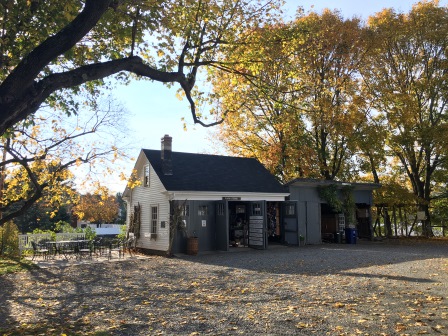February 2019
Written by Executive Director, Archie McIntyre
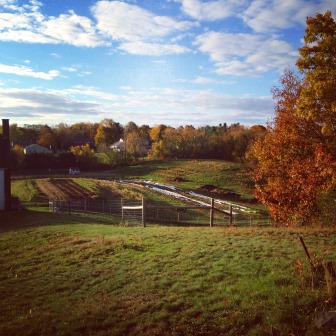
IΓÇÖm trying to turn over a new leaf. The beginning of the year is a great time for resolutions. Usually, I shoot too high, but this year IΓÇÖm starting with a modest resolution ΓÇô one that I have a reasonable chance of meeting throughout the year.
I drink a lot of coffee. Some are surprised with how much. LetΓÇÖs just say itΓÇÖs more than a couple of cups a day. And, no, my resolution is not to cut down the amount of coffee consumed. So far it seems to be working for me. What I need to do is cut down the number of disposable cups that I consume. A frequent StarbucksΓÇÖ visitor, I probably go through hundreds of cups and plastic lids per year. Imagine StarbucksΓÇÖ environmental footprint of single use cups and lids worldwide.
Do I really need to be a part of it? I think not. With a small effort and a bit of forethought, I donΓÇÖt have to be part of this problem. I can bring my own mug for coffee or bring my reusable shopping bag to the market. ItΓÇÖs a small step thatΓÇÖs not going to solve all of our problems, probably no more than one drop in an ocean of water. But I have to start somewhere and my small action can have important meaning to me and maybe someone around me.
So what has this to do with the Farm?
Members of the Wright-Locke Farm Board and staff have spent the last couple of months working on our 5-year strategic plan. WeΓÇÖll be doing many of the things we currently do ΓÇô it seems to be working pretty well ΓÇô but weΓÇÖll start consciously evaluating what it is we do through the lens of sustainability. I take the liberty of quoting from a section of the Plan:
ΓÇ£Now in its second decade, Wright-Locke Farm is a thriving organization garnering strong interest and enthusiasm from surrounding communities. We see many opportunities to further increase our beneficial impact across many segments of the community, leveraging and expanding ongoing farm facilities and activities. We seek to ensure that Wright-Locke Farm remains a healthy, fiscally sound, vibrant resource, broadening its contributions to the community well into the future.
The farm also finds itself at an inflection point, not only in its own history — having now turned uncertain beginnings into an established and valued center of community life — but also in a historic moment of opportunity, as a local agricultural enterprise in a wider society increasingly unsettled by the threat of climate change and by growing inequality, including unequal access to nature and rural or farm experiences. We believe that by taking action to address each of these issues, we are in a unique position to demonstrate to a broader community the positive, key values of
- Environmental Stewardship
- Social Responsibility
- Financial SustainabilityΓÇ¥
LetΓÇÖs use the perspective of a ΓÇ£Triple Bottom LineΓÇ¥ to evaluate all that we do and measure our impact ΓÇô both positive and negative. Like my disposable cups, our undertakings will have a modest impact on our global issues, but an impact nonetheless. We all have to start trying. Wright-Locke Farm is just 20 acres out of a total of 4,032 acres in Winchester. Just a drop in an ocean. But if we add up all our small, individual efforts we can start to make a dent. Here are some of the things were undertaking at the farm and how they fit into our new model of a Triple Bottom Line evaluation:
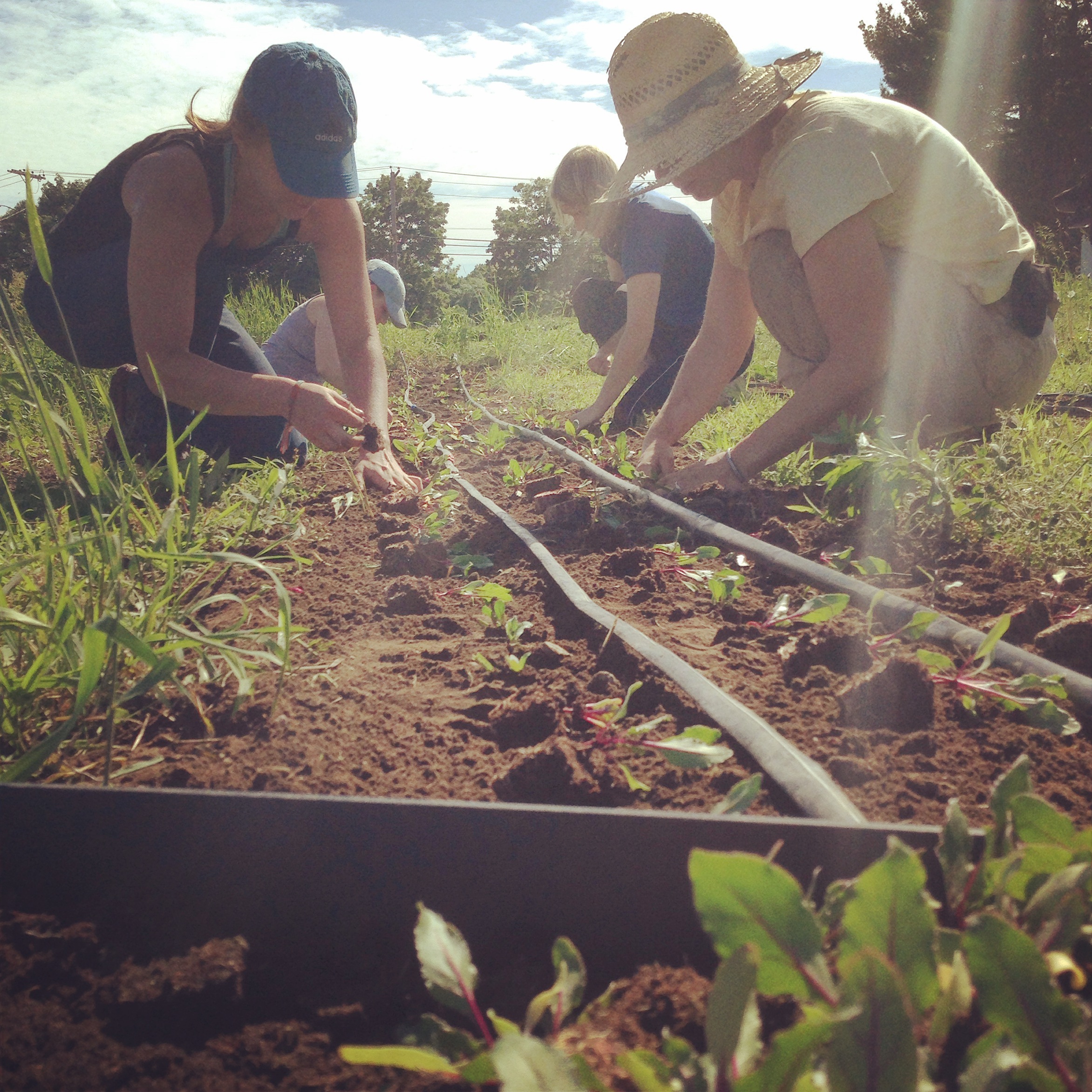
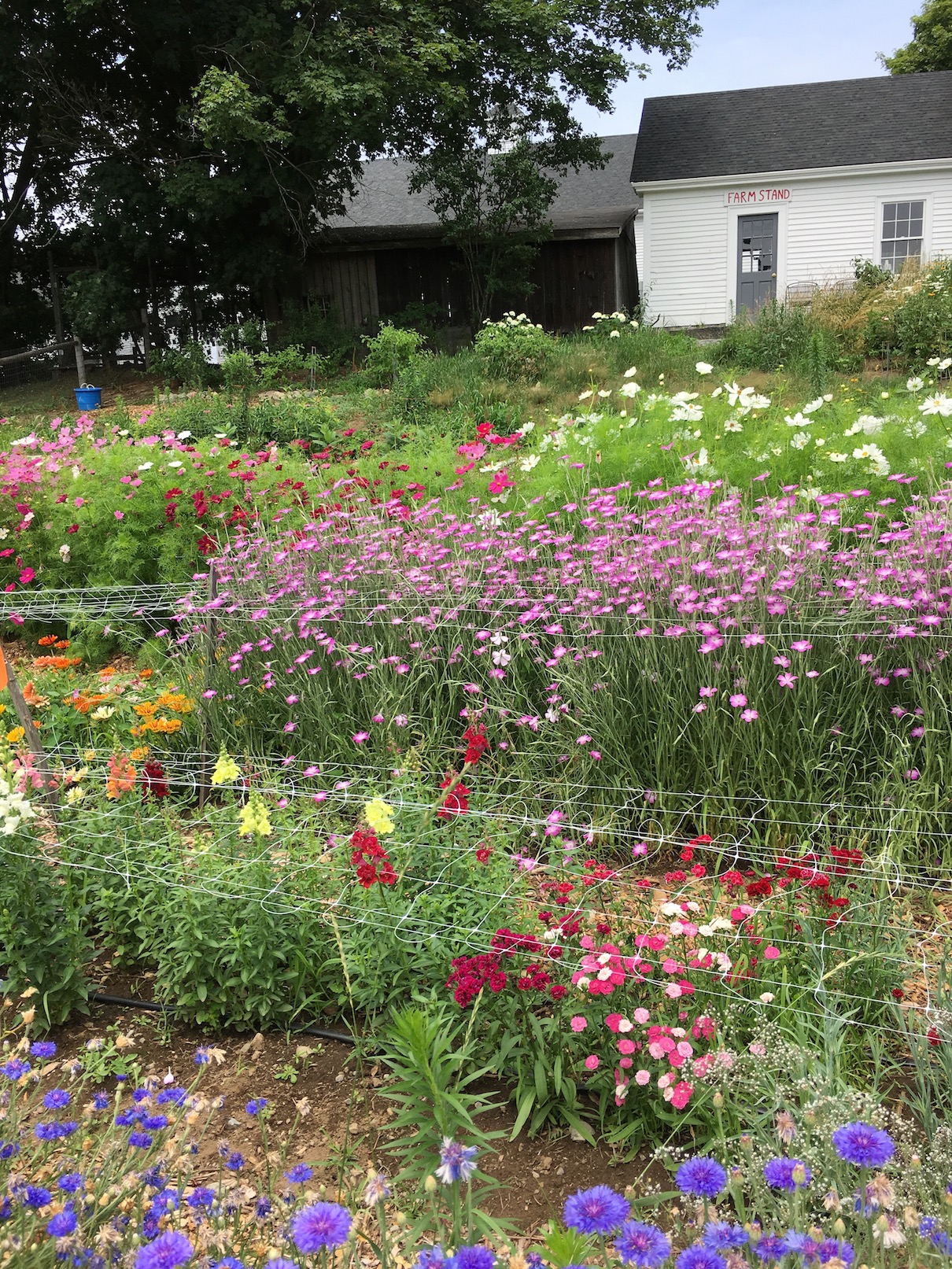
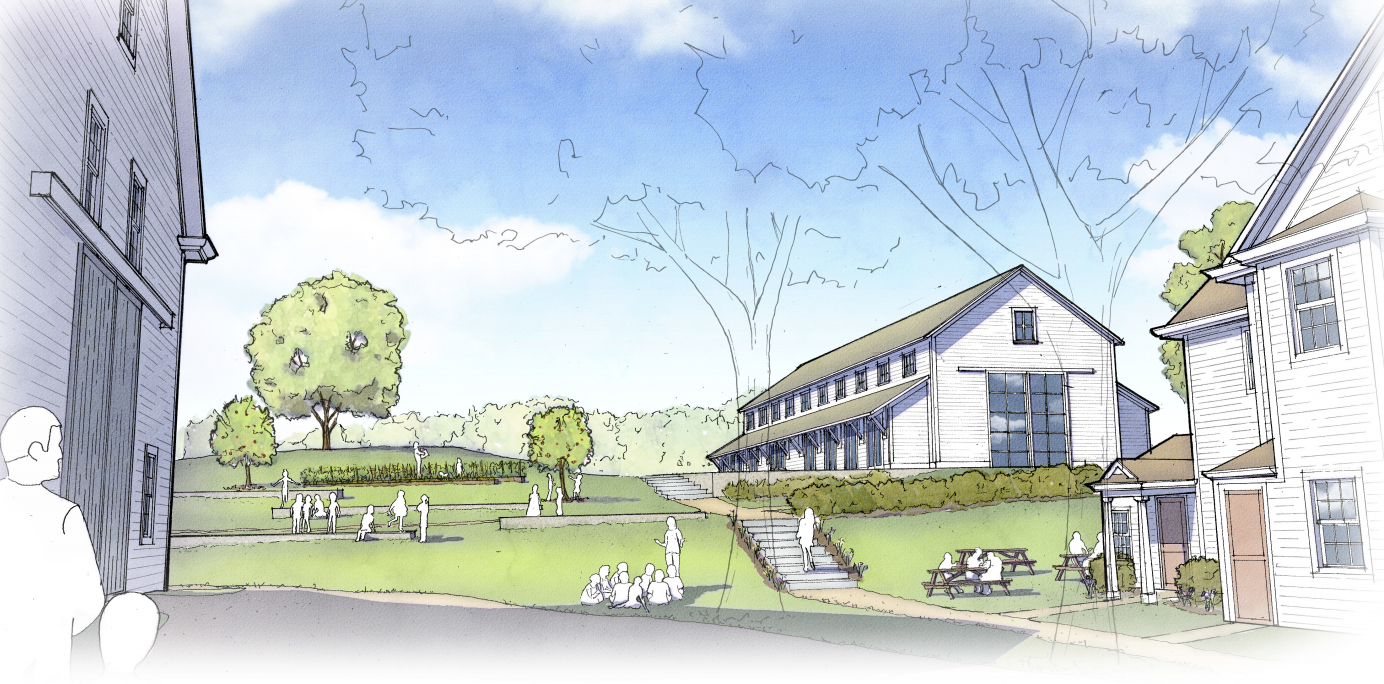
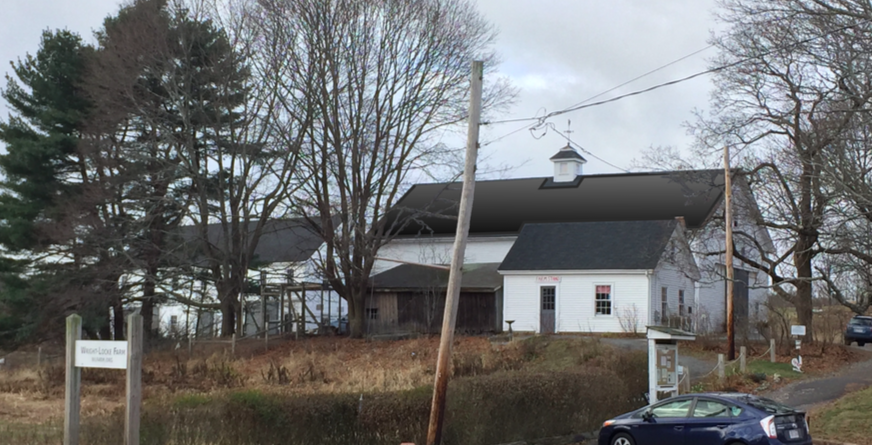
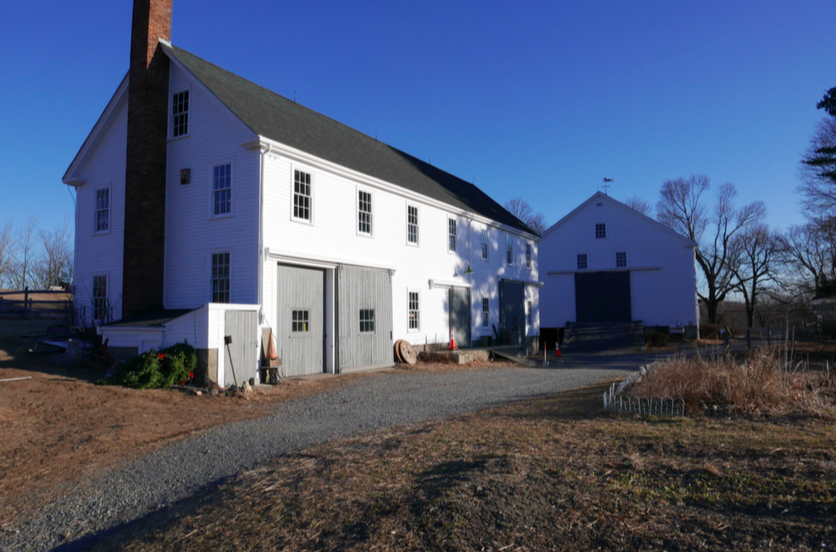
Farm-wide Environmental Audit
To better understand where were going, itΓÇÖs good to have a handle on where we are. This year, we will undertake a complete farm-wide environmental audit. What is our gas and diesel consumption for our tractors, mowers and other farm vehicles and implements? How much electricity do we use on farm, fuel oil to heat the farmhouse, and water to irrigate our fields and wash our vegetables? What a great project for an environmental intern from one of our universities or graduate schools. (If anyone comes to mind, please let us know.)
Use of Disposables, Recyclables, Reusables
Speaking of environmental audits, how about our use of disposables and plastics? All of us on staff know we can, and need, to do a better job. Areas that weΓÇÖll start to explore include how do we reduce single use containers for our Farm Stand and for our many public and private events? What alternatives do we have for plastic produce bags that are a great convenience to our customers at our farmers markets? Winchester has implemented a town-wide single-use plastic bag ban. Due to our size, the Farm is probably exempt, but we will voluntarily comply because itΓÇÖs not only the right thing to do, but we feel reflects our persona as an organization.
There are many other things weΓÇÖd like to do to become more sustainable as a farm and organization. Too many to explore in this short blog. Suffice it to say that we will start taking the necessary steps to make sure weΓÇÖre doing our part to help our fragile ecosystem and to become more a part of the solution and less a part of the problem. If we all do our small part to become the solutionΓÇô here in Winchester and at the State and regional level ΓÇô pretty soon what was just a drop in the ocean might become a wave.
All Seasons Barn
Many of you have seen our plans. A heated barn will allow us to extend our programming to 12 months per year, strengthening our financial sustainability as an organization by becoming a year-round operation. Through careful design, use of materials and green technology, we are working to make this a ΓÇ£net zeroΓÇ¥ project, one that generates more clean energy than it uses. Central to this goal will be a geothermal heating and cooling system and a solar array to power all of our electric power at the Farm.
Solar Power Project
For a while now, we have felt that the farm should generate electricity with its own solar array. The logical place for an array is on our south facing roofs of the 1827 Barn and Squash House. Due to the buildingsΓÇÖ historic status, we have avoided pursuing this option in the past and sought other options, including ground mount locations around the Farm. After lengthy soul searching, we have come to the conclusion that a ground mount option would have far greater visual impact (and cost) on our historic farmscape. So we are back to pursuing solar panels on our two main barns. This is a tough decision, but many of us feel that the time is right to make the difficult choices but reasonable sacrifices to mitigate negative climate impacts.
The Wright-Locke Conservancy Board, Winchester Historical Commission and the Winchester Select Board have all voted unanimously to support this option. Now we must convince the Massachusetts Historical Commission (MHC) and our numerous visitors and constituents that this is the right approach. For those of you interested in learning more, hereΓÇÖs a link to a detailed explanation of the project and some photos of what the panels would look like. I think youΓÇÖll agree that the plan makes every effort to minimize the visual impact on the buildings and farm.
